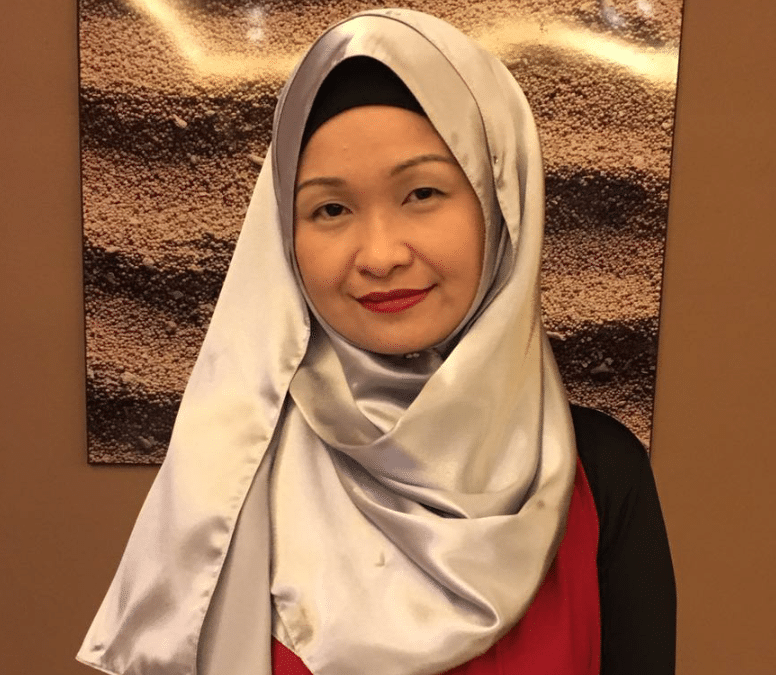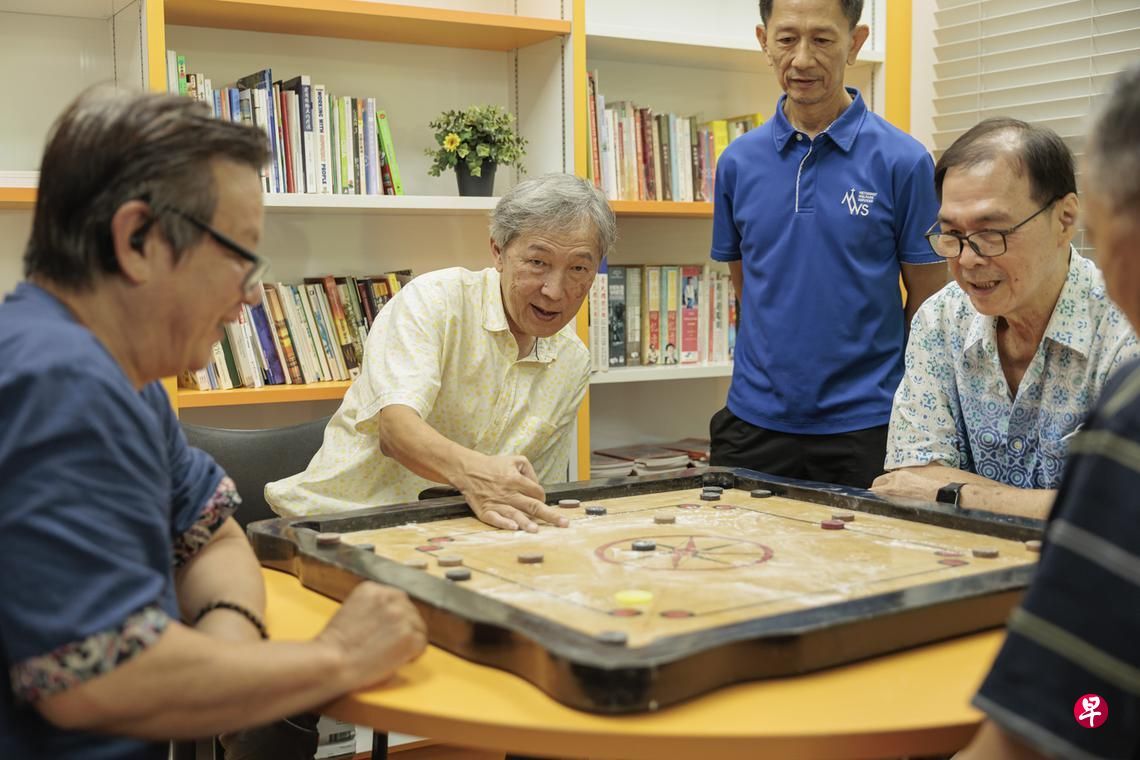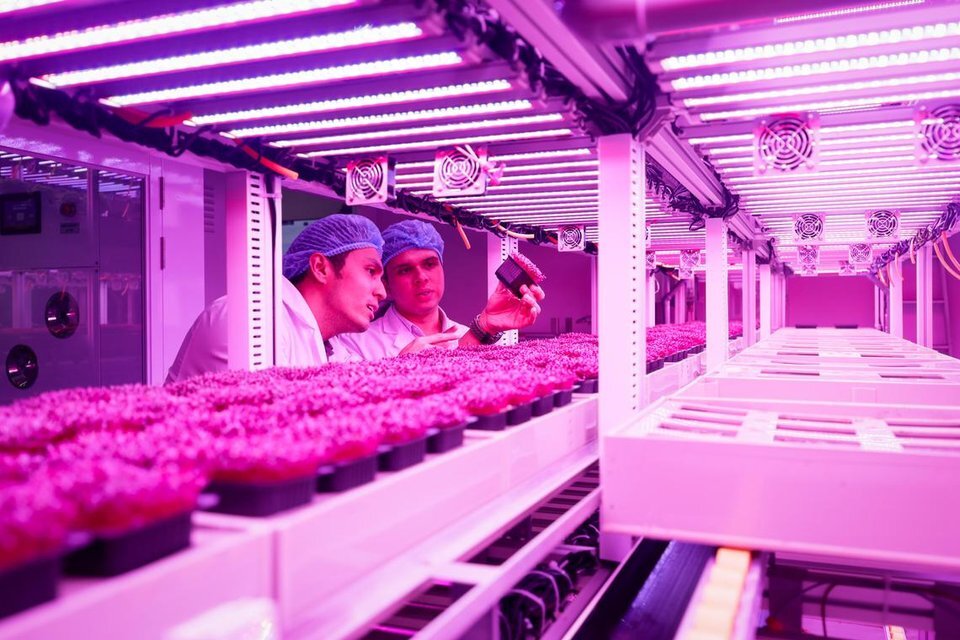The Asian Parent: Is your bub safe with infant educarers? This carer tells all!


“Well, all that hard work did not go unnoticed, for Madam Intan was awarded the Leading Foundation Teacher Award (LFTA) last year. For the uninitiated, the Leading Foundation Teacher Award is an initiative by the Leading Foundation which supports programmes in education and leadership. It is administered by the Community Foundation of Singapore, a non-profit philanthropic organisation that bridges donors with community needs.
The LFTA recognises passionate and dedicated teachers who have made significant contributions to the care and teaching of children in the fields of early childhood and special needs education.
Madam Intan confides, “I never thought that I would receive a National award and I feel honoured, glad and thankful to those who believed in me and affirmed my role as an infant educator.” Read more.
“Well, all that hard work did not go unnoticed, for Madam Intan was awarded the Leading Foundation Teacher Award (LFTA) last year. For the uninitiated, the Leading Foundation Teacher Award is an initiative by the Leading Foundation which supports programmes in education and leadership. It is administered by the Community Foundation of Singapore, a non-profit philanthropic organisation that bridges donors with community needs.
The LFTA recognises passionate and dedicated teachers who have made significant contributions to the care and teaching of children in the fields of early childhood and special needs education.
Madam Intan confides, “I never thought that I would receive a National award and I feel honoured, glad and thankful to those who believed in me and affirmed my role as an infant educator.” Read more.
- Related Topics For You: ACCESSING QUALITY EDUCATION, CAREGIVER SUPPORT, CHARITY STORIES, CHILDREN, EDUCATION, INCLUSIVITY & INTEGRATION, NEWS, PERSONS WITH DISABILITIES, STORIES OF IMPACT



